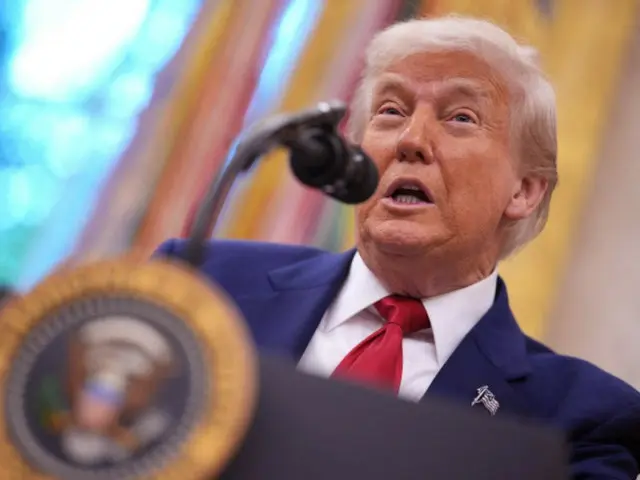On Wall Street, there is growing concern that this could be a major negative factor that could destabilize the U.S. capital markets.
On the 30th, Bloomberg and the Financial Times reported
The 1,000-page consolidation spending and tax bill passed by the House last week includes a provision known as "Section 899."
This provision, “Enforcement of Sanctions Against Unfair Foreign Tax Systems,”
The "Fair Remedies Against Unfair Foreign Taxes" initiative allows investors from a foreign country to obtain U.S. tax benefits in response to tax policies that the U.S. government considers "discriminatory."
The bill would allow the imposition of a punitive tax on interest and dividend income earned on investments. The bill would initially add 5 percentage points to the existing tax rate and then increase it by 5 percentage points each year up to a maximum of 2.5%.
It also allows the tax rate to be increased to 0 percentage points on U.S. portfolio assets held by U.S. sovereign wealth funds, which are currently exempt from tax.
The tax would also apply to sovereign wealth funds, pension funds, government agencies, individual investors, and companies with assets in the United States.
Wall Street believes the provision is likely to target key US allies such as Canada, France, the UK and Australia, which have also introduced digital taxes.
This is said to reflect the Trump administration's recognition that U.S. big tech companies such as Meta (formerly Facebook) are being subjected to discriminatory treatment overseas.
Experts have raised concerns that the bill could lead to an outflow of foreign investors' money if it becomes law.
The decline in real yields could make investments in U.S. Treasury bonds and stocks less attractive. In particular, if this tax is applied to U.S. Treasury bonds, the ripple effects are expected to be extremely large.
Foreigners hold more than $7 trillion in U.S. Treasury securities, but the FT reports that "it's still unclear whether the tax will apply to U.S. Treasury securities."
"Imposing a tax on government bonds would be a big problem," said Lewis Alexander, chief economic strategist at hedge fund Locos Capital Management.
"It would be counterproductive to do so, as investors could sell off government bonds, raising U.S. borrowing costs," he said.
"Currently, U.S. Treasuries are not a particularly attractive investment for foreign investors, and when you add in the tax disadvantages, there's even more reason to avoid them," said Michael Brown, a strategist at the IRS.
" he said.
2025/05/30 10:00 KST
Copyrights(C) Edaily wowkorea.jp 88

